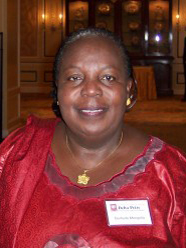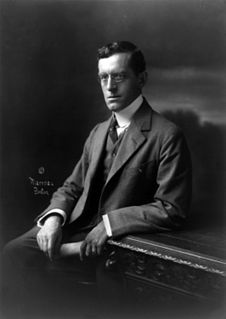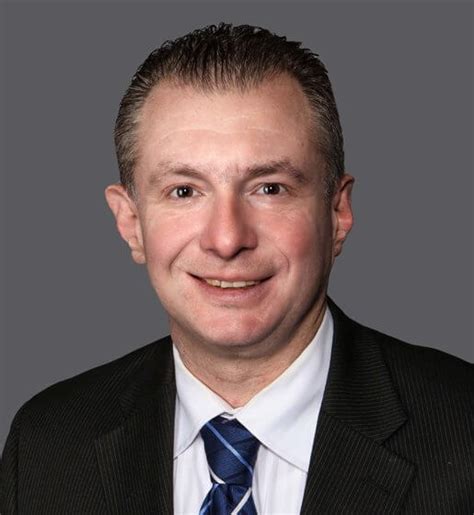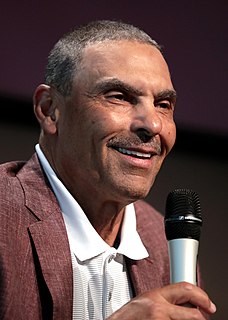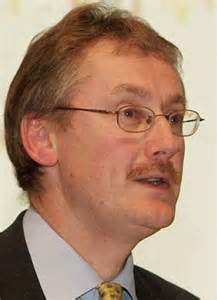A Quote by David R. Brower
We've got to search back to our last known safe landmark. I can't say exactly where, but I think it's back there at the start of the Industrial Revolution, we began applying energy in vast amounts to tools with which we began tearing the environment apart.
Related Quotes
I am absolutely certain that generations from now, we will be able to look back and tell our children that this was the moment when we began to provide care for the sick and good jobs to the jobless; this was the moment when the rise of the oceans began to slow and our planet began to heal; this was the moment when we ended a war and secured our nation and restored our image as the last, best hope on earth. This was the moment - this was the time - when we came together to remake this great nation so that it may always reflect our very best selves and our highest ideals.
When I began to listen to poetry, it's when I began to listen to the stones, and I began to listen to what the clouds had to say, and I began to listen to others. And I think, most importantly for all of us, then you begin to learn to listen to the soul, the soul of yourself in here, which is also the soul of everyone else.
You've got to reach towards a better language, and you're not going to make it up from scratch; you've got to reach back into the tradition. Western tradition is not as impoverished as a lot of people would like to think, but you'd have to go back before the industrial revolution; you may have to go back farther than that. Of course, the Bible has a perfectly adequate language, but it's suffered a lot of thoughtless wear.
I think that human beings have gotten as far as we've gotten because of our adaptability, our ability to adapt, and our ability to dovetail our technologies - our brains to our tools. With the Industrial Revolution, we transcended the limits of our muscles. With the digital revolution, we transcend the limits of our minds.
But above all, what this Congress can be remembered for is opening the way to a new American revolutiona peaceful revolution in which power was turned back to the peoplein which government at all levels was refreshed and renewed and made truly responsive. This can be a revolution as profound, as far-reaching, as exciting as that first revolution almost 200 years agoand it can mean that just 5 years from now America will enter its third century as a young nation new in spirit, with all the vigor and the freshness with which it began its first century.
The history of lead is a history of neglect. It's a history of decisions on our part not to address the broad implications of what we did to ourselves during the industrial revolution and in the first part of the century when our cities expanded broadly, when we built our housing and we began to depend upon lead as a mainstay of our new industrial culture. We put this stuff in even though we knew it was dangerous, we knew it was going to hurt kids.
I began as a poet, moved to short fiction, then to novel writing, and, for the past twelve years, back to stories. I sometimes wonder if the pendulum will swing all the way back to where I began. As T.S. Eliot says, "In my end is my beginning," but for now I'm staying put, sitting tight, and loving the short story form way too much to leave it quite yet.
I began to research the concept of dimensionality from the point of view of quality, and not just quantity, as a mathematician might do. Taking my clues from the theosophical use made of the Vedantic levels of reality, I identified the western notion of Energy (as someting which is effecatious by means of motion), with the idea of Time. The more comprehensive dimension 'eternity' I defined as a form of energy which is efficacious without motion. In this manner I began to establish the qualities of dimensions and open out the seemingly monolithic concept of energy.
Before I began The Cider House Rules, I thought I wanted to write about a father-son relationship that was closer, more conflicted, and ultimately more loving, than most. Then I began to think of a relationship between an old orphanage director and an unadoptable orphan - a kid who goes out into the world and fails and keeps coming back, so that the old guy ends up with someone he's got to keep.





